Delving into the origins of disease
Understanding how and why diseases form is the foundation of finding treatments and cures for them. The Johns Hopkins All Children‘s Institute for Fundamental Biomedical Research uses basic science to discover what leads to the development of diseases and those discoveries inspire further research to not just treat but to prevent diseases in the future.
The institute, led by Director Timothy Osborne, Ph.D., acts as a hub, collaborating with researchers across all Johns Hopkins All Children’s institutes and departments and with colleagues on Johns Hopkins University School of Medicine campuses in Baltimore, Maryland.
Center for Metabolic Origins of Disease
The Johns Hopkins Center for Metabolic Origins of Disease will study common diseases such as obesity, type 2 diabetes and cardiovascular complications at a fundamental science level. Our researchers will analyze the genomic and epigenetic regulatory mechanisms responsible for keeping the body's internal systems stable and how those mechanisms become altered in cases that lead to disease.
From Albert Lehninger’s studies of mitochondrial metabolism to Peter Pedersen’s work in bioenergetics and more, Johns Hopkins has built a distinguished legacy of discovery in the field of metabolism and systems biology.
This Center, led by Laszlo Nagy, M.D. Ph.D. serving as its associate director, will focus on how signaling networks and gene regulation can disrupt metabolism, leading to increased risk for disease. We seek to understand how the extra- and intracellular lipid environment contributes to cellular development and differentiation and what impact that has on the immune system. Advances in these areas and our collaboration with translational and clinical researchers throughout Johns Hopkins Medicine can lead to breakthrough preventive strategies and therapies that can have an impact from childhood through entire lifetimes.
In our studies, we will evaluate the entire genome, seeking to identify key changes related to a particular disease—and reliable biomarkers we can use to monitor that disease. We believe this will lead to improved diagnoses, monitoring of disease progression and improved evaluation of therapeutic effectiveness.
Center for RNA Biology
The Center for RNA Biology will seek advancement in the study of ribonucleic acids (RNA) at the molecular level and how they impact disease and therapy, particularly related to aggressive forms of cancer. Ranjan Perera, Ph.D., a national leader in the field, is director of the center.
Dr. Perera will develop the center to focus on abnormal patterns of regulation of certain non-coding RNA (ncRNA) and microRNA (mRNA) genes and how they determine the aggressiveness of types of cancer. The goal is earlier detection and improved treatments for aggressive forms of cancer. The center hopes to discover new approaches to investigating cancers by considering whether epigenetic processes might be the important underlying molecular mechanism behind them.
-
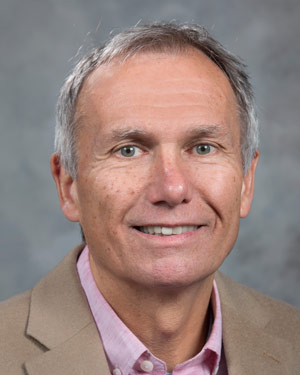
Associate Dean for Basic Research and Director, Institute for Fundamental Biomedical Research, Johns Hopkins All Children’s Hospital, and Professor of Medicine in the Division of Endocrinology, Diabetes and Metabolism of the Johns Hopkins University School of Medicine
-
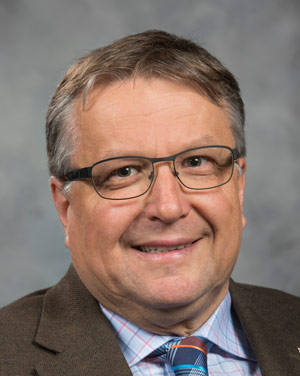
Co-Director of the Institute for Fundamental Biomedical Research, Associate Director of the Center for Metabolic Origins of Disease, and Professor, Medicine and Biological Chemistry, Johns Hopkins University School of Medicine
-
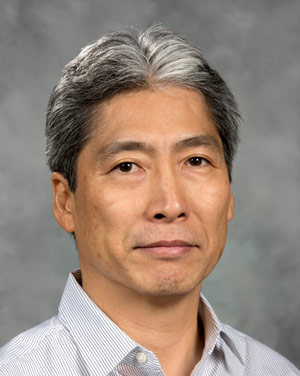
Associate Professor, Department of Orthopaedic Surgery, Johns Hopkins University School of Medicine
-
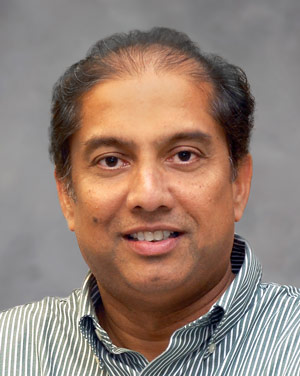
Director, Center for RNA Biology, and Associate Professor, Department of Oncology, Johns Hopkins University School of Medicine
-
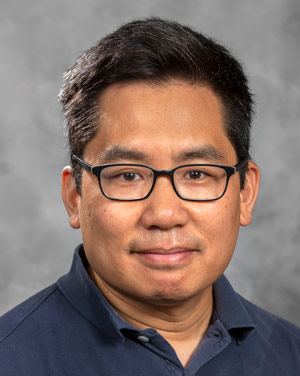
Associate Professor, Medicine and Biological Chemistry, Johns Hopkins University School of Medicine
-
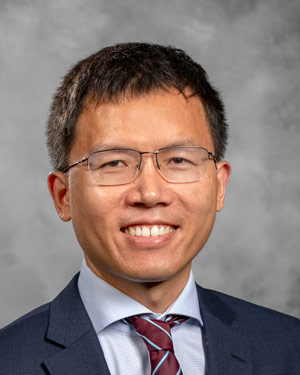
Assistant Professor, Division of Endocrinology, Diabetes and Metabolism; Johns Hopkins School of Medicine; Johns Hopkins All Children’s Hospital
-
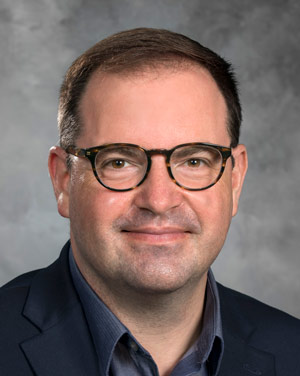
Assistant Professor; Division of Endocrinology, Diabetes and Metabolism; Johns Hopkins University School of Medicine
-
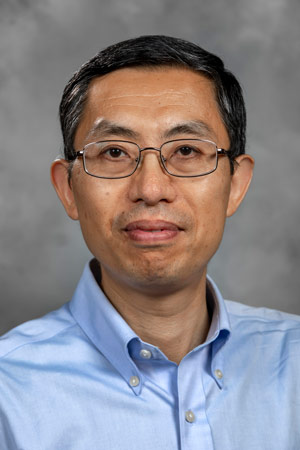
Assistant Professor, Department of Medicine, Biological Chemistry and Oncology, Johns Hopkins University School of Medicine
Collaborative Faculty
-

Division Chief of the University of South Florida and Johns Hopkins All Children’s Hospital Pediatric Allergy & Immunology programs; Robert A. Good Endowed Chair of the USF Division of Pediatric Allergy & Immunology; Associate Professor of pediatrics, medicine and molecular biology in the USF Morsani College of Medicine; Director of the Jeffrey Modell Diagnostic and Research Center for Primary Immunodeficiencies at Johns Hopkins All Children’s
Boston Children's Hospital, Boston, MA
Fellowship, Allergy and Immunology, 2009Children's Hospital of the King's Daughters, Norfolk, VA
Residency, Pediatrics, 2006University of Pecs Medical School, Pecs, Hungary
Research, PhD, Virology, 2002University of Pecs Medical School, Pecs, Hungary
Medical Education, MD, 1996

